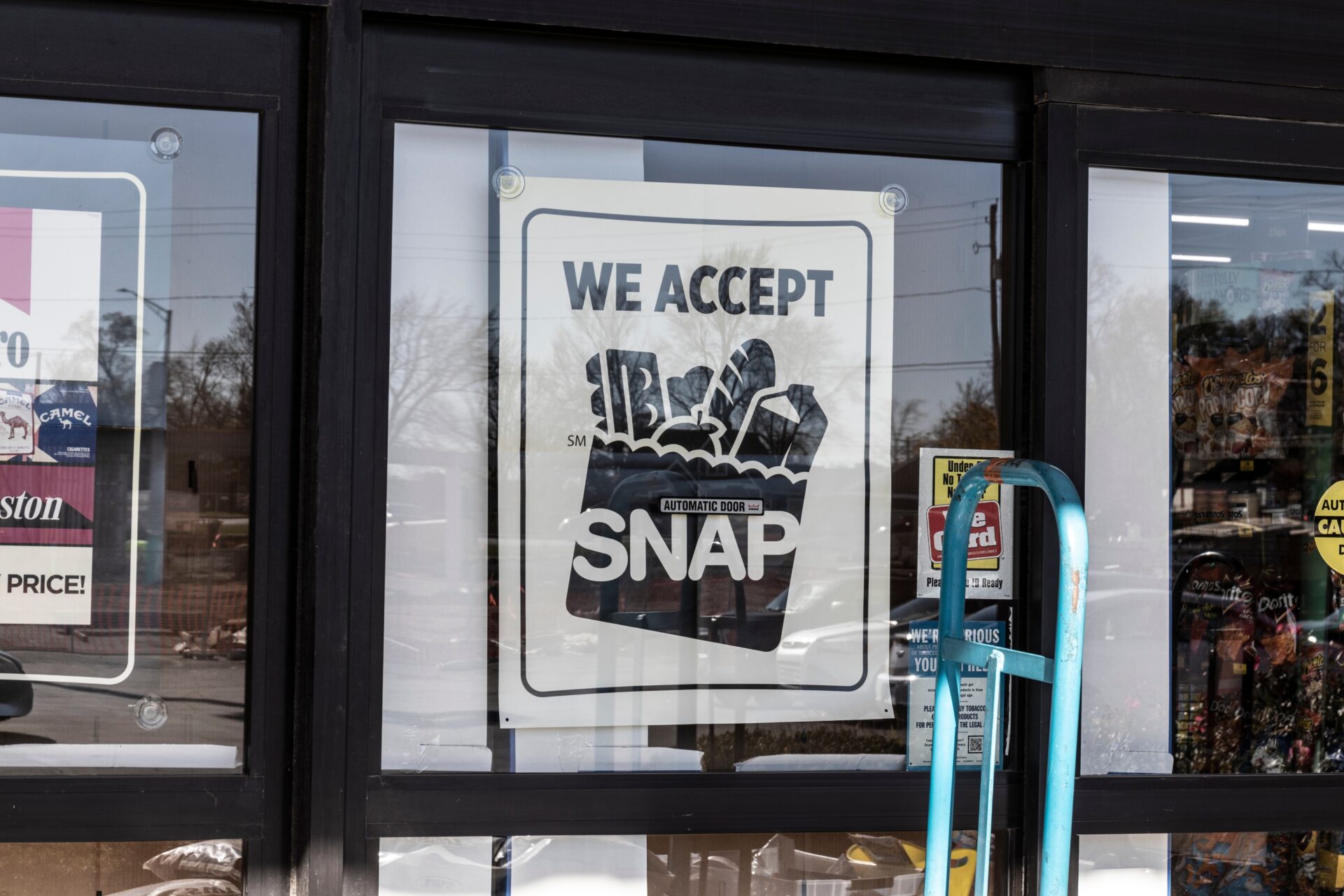
Acutis Canonization: Blending Faith with Internet
The Catholic Church is poised to canonize its first millennial saint, Carlo Acutis, intertwining technology and faith in a groundbreaking way.
At a Glance
- Carlo Acutis will become the Catholic Church’s first millennial saint on September 7.
- Known for his work in technology, Acutis created a notable online directory of Eucharistic Miracles.
- Pope Leo XIV and Pier Giorgio Frassati will also be canonized together.
- Acutis’ canonization underscores the Church’s message that technology and faith can coexist.
First Millennial Saint: Carlo Acutis
Carlo Acutis, a young Catholic who passed away from leukemia in 2006, will be canonized on September 7. This distinction comes after a delay following Pope Francis’ death. Acutis, known for his deep faith and digital prowess, took initiatives like compiling a detailed website cataloging Eucharistic Miracles. His upcoming canonization marks a significant moment in Church history as they embrace this young, tech-savvy saint.
Carlo’s contributions extended beyond his technological feats. He was passionate about catechism and welfare work for the homeless. His endearing image remains vibrant as he rests in Assisi in a glass coffin, casually dressed in jeans and a sweatshirt. This highlights his relatability and the Church’s evolving image to engage modern youth.
Pope Leo XIV on Friday set Sept. 7 as the rescheduled date to canonize the Catholic Church’s first millennial-era saint Carlo Acutis.
Acutis’ canonization was originally scheduled for April, but was postponed following the death of Pope Francis. https://t.co/3t7lkcEAFk
— ABC News (@ABC) June 13, 2025
Significance of Canonization
Pope Leo XIV will canonize Carlo alongside Pier Giorgio Frassati, representing a monumental recognition of youth in the Church. Acutis’ dedication to the Eucharist and digital evangelism earned him the suggestion of being the “patron saint of the internet.” His mother depicted him as remarkably ordinary but steadfastly Christ-centric, illustrating his role as a beacon for Generation Z.
“Definitely, Carlo was an ordinary child like everybody. He used to play, to have friends, to go to school. But his extraordinary was the fact that he opened the door of his heart to Jesus, and he put Jesus at the first place in his life.” – Acutis’s mother
https://www.breitbart.com/faith/2025/06/15/video-15-year-old-boy-who-died-of-leukemia-to-become-catholic-churchs-first-millenial-saint/
Carlo’s canonization reaffirms the Church’s intent to harmonize science, technology, and faith. His life, punctuated by charitable acts and tech-initiatives, aligns with the Church’s broader narrative during an era when religious observance ebbs. His speedy canonization process, taking less than two decades, showcases the vibrancy of his legacy.
The canonization of the first Catholic saint of the millennial generation, Carlo Acutis, will take place on September 7, Pope Leo announced https://t.co/60wA7BdcEP
— Reuters (@Reuters) June 13, 2025
A Legacy of Faith and Modernity
Carlo’s life and forthcoming canonization stir devotion globally, validating faith’s intersection with modernity. Heralded for his devotion and alleged intercessions, such as miraculous recoveries attributed to him, Carlo remains an emblem of “heroic virtue” and testament to the power of personal narrative in driving religious significance.
“A teenager who died of leukemia in 2006 will become the Catholic Church’s first millennial saint on September 7, Pope Leo XIV announced Friday.” – Pope Leo XIV
https://www.breitbart.com/faith/2025/06/15/video-15-year-old-boy-who-died-of-leukemia-to-become-catholic-churchs-first-millenial-saint/
The Church’s move resonates with modern believers facing a secular age, bridging ancient tradition with contemporary life. Carlo’s memorial in Assisi, now a pilgrimage site, reflects the growing devout interest and his association with St. Francis amplifies the city’s historical and spiritual relevance.


